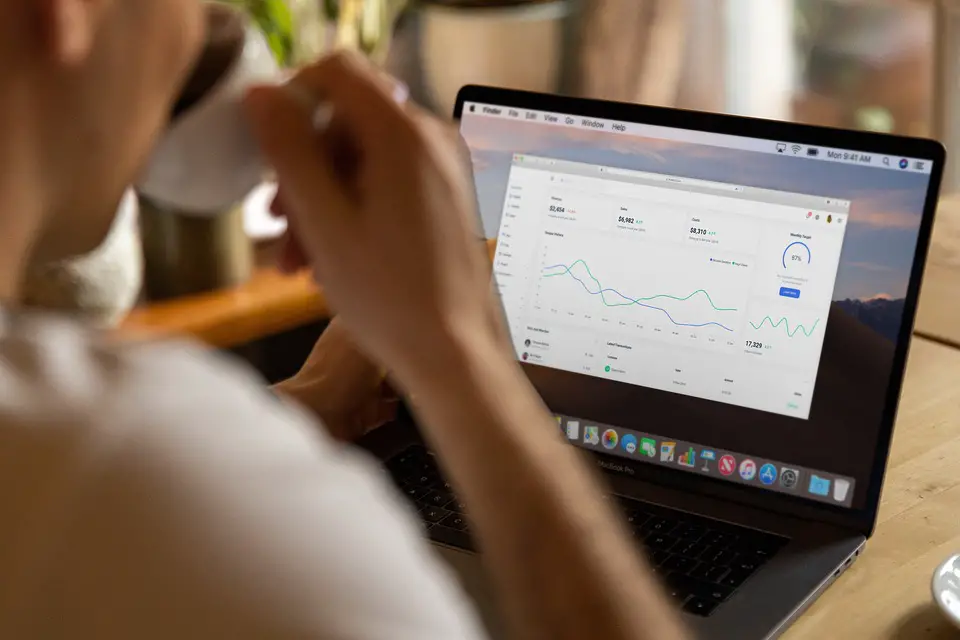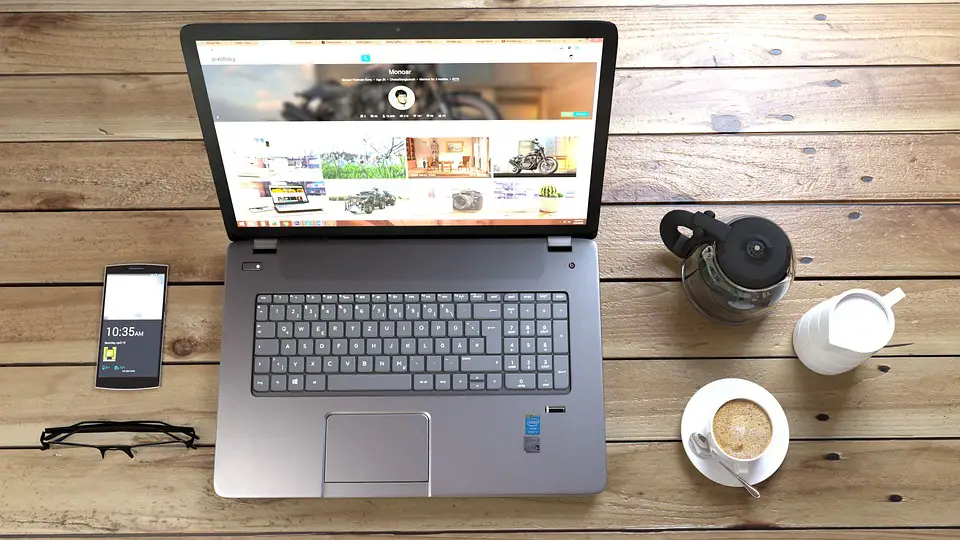Ah, freelancing—the wild west of the working world. You’re your own boss, you set your own hours, and you can work in your pajamas if you want (and let’s be honest, you probably are). But before you get too cozy, let’s talk about the elephant in the room: managing your finances and taxes. Spoiler alert: it’s not as fun as binge-watching your favorite series, but it’s necessary if you want to keep more of that hard-earned cash in your pockets.
In this article, we’re diving deep into the labyrinth of freelancing finances. I’m talking about income management, tax obligations, and strategies that will make your accountant (or your future self) sing your praises. So grab a coffee, put on your thinking cap, and let’s get to it!
Understanding Your Income: The Good, The Bad, and The Ugly
First things first, let’s address the most exhilarating topic of all: your income. As a freelancer, your income is about as stable as a tightrope walker on a windy day. One month you’re rolling in dough from a big project, and the next, you’re wondering if ramen noodles count as a balanced meal.
Know Your Income Streams
You probably have multiple sources of income, and that’s a good thing! Here are some common income streams for freelancers:
- Client Work: The bread and butter of your freelancing gig. This is where the bulk of your income comes from.
- Passive Income: Think affiliate marketing, online courses, or digital products. Money while you sleep? Yes, please!
- Side Hustles: Got a skill you can monetize? Maybe graphic design, consulting, or even pet sitting? Diversifying your income makes you less vulnerable to the whims of the market.
Track Your Income Like a Hawk
You wouldn’t go to a buffet and eat everything without checking what’s on your plate, right? Same goes for your income. Use tools like QuickBooks, FreshBooks, or even a good old-fashioned spreadsheet (if you’re feeling nostalgic) to track your earnings. Make it a habit to log your income weekly or monthly. This way, you’ll have a clearer picture of what’s coming in and what’s going out.
Budgeting: Your New Best Friend
Now that you know how much cash you’re bringing in, it’s time to whip that money into shape. Let’s talk about budgeting—yes, I said the “B” word. Don’t roll your eyes just yet! A solid budget is your best defense against the feast-or-famine cycle every freelancer knows all too well.
Set Up a Simple Budget
Here’s a foolproof budgeting method that even your grandma would approve of:
-
Calculate Your Fixed Expenses: Rent, utilities, insurance, and any subscriptions you can’t live without (ahem, Netflix). Ballpark it for the month.
-
Estimate Variable Expenses: Food, entertainment, and those impulse purchases that make your heart race (hello, new gadgets!). Keep it realistic.
-
Add Savings: Aim to save at least 20% of your income each month. Put it in a separate account so you’re not tempted to spend it. Consider this your “I’m going to be a millionaire” fund.
- Allocate for Taxes: More on this later, but set aside about 25-30% of your income for taxes. Trust me, you’ll thank me when tax season rolls around.
The 50/30/20 Rule—With a Twist
If you want a practical way to allocate your earnings, try the 50/30/20 rule:
- 50% Needs: Rent, food, and other essentials. No, your daily latte does not count as a “need.”
- 30% Wants: That shiny new gadget, your gym membership, or your next vacation. You deserve it, but don’t go overboard!
- 20% Savings and Taxes: This is where you pad your savings account and prepare for tax season.
Tax Time: The Ultimate Freelancer Foe
Ah, taxes—the necessary evil that every freelancer has to face. But don’t worry; you can conquer it with a bit of planning.
Understanding Your Tax Obligations
Freelancers are considered self-employed, which means you’ll need to pay both income tax and self-employment tax. Here’s what you need to know:
-
Quarterly Taxes: Unlike traditional employees who have taxes withheld from their paychecks, freelancers must pay estimated taxes quarterly. This means you need to estimate your income and pay taxes on it four times a year. Yes, it’s a pain, but think of it as an adulting badge of honor!
-
Keep Records: Save all invoices, receipts, and financial documents. Use accounting software to make this easier. You’ll thank yourself when it’s time to file your taxes.
-
Deductions are Your Best Friend: As a freelancer, you can deduct business expenses. This includes but is not limited to:
- Home office expenses
- Software and tools
- Internet and phone bills
- Business travel
- Professional development courses
Hiring a Tax Professional
Listen, I get it. Taxes can be more confusing than a Rubik’s Cube on a rollercoaster. If you’re feeling overwhelmed, consider hiring a tax professional. It might cost you a bit upfront, but they can save you money in the long run by optimizing your deductions and helping you avoid costly mistakes.
Building an Emergency Fund: Because Life Happens
Let’s face it; life is unpredictable. One day you’re riding high on client work, and the next, you’re dealing with an unexpected expense like car repairs or a medical bill. This is where an emergency fund comes in handy.
How Much Should You Save?
Aim for 3-6 months’ worth of living expenses. This may seem daunting, but start small. Set aside a little bit each month until you reach your goal. Once you’ve built this cushion, you’ll sleep better at night knowing you can handle life’s curveballs without going into debt.
Investing in Your Future
Now that you’ve got your finances in check, let’s talk about the future. As a freelancer, it’s essential to think about retirement and investments. Don’t let your money sit stagnant in a bank account; make it work for you.
Retirement Accounts for Freelancers
Here are a few retirement accounts you should consider:
- Solo 401(k): Perfect for solo freelancers. You can contribute up to $20,500 (as of 2025) and an additional $6,500 if you’re over 50. Tax benefits galore!
- SEP IRA: Great for freelancers with variable income. You can contribute up to 25% of your income, up to $61,000 (as of 2025).
- Traditional or Roth IRA: Basic options for everyone. A Roth IRA allows your money to grow tax-free, while a Traditional IRA gives you tax deductions now.
Invest in Yourself
Investing isn’t just about stocks and bonds. Invest in your skills! Online courses, workshops, and conferences can help you gain new skills that can lead to higher-paying gigs. Remember, the more you learn, the more you earn!
Conclusion: Take Charge of Your Freelancing Finances
Managing your finances as a freelancer doesn’t have to be a nightmare. With a little organization, a solid budget, and a proactive approach to taxes, you can keep your income flowing and your stress levels low.
Remember, you’re not just a freelancer; you’re a business owner. Treat your finances like a boss, and you’ll reap the rewards in the long run. So, go ahead, embrace your financial freedom, and turn your freelancing hustle into a money-making machine!
Now, get out there and make that money! 💰






